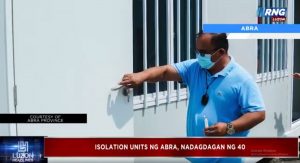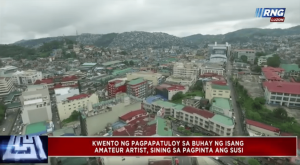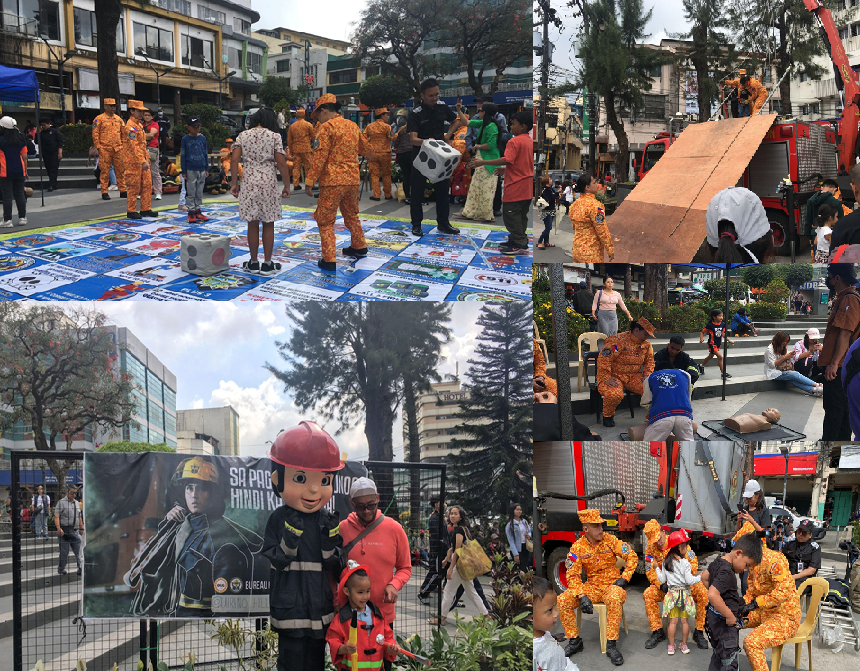The four day Aggressive Community Testing (ACT) that will test a total of 5,000 individuals mostly government employees and frontliners in Tabuk City and some parts of Kalinga is now in full swing.
The ACT will test individuals from the high risk area with Tabuk as focal point as well as Pasil and Lubuagan.
On its first day today, the target barangays are Bulanao Norte, Malin-awa and Balawag where the ACT swabbing team will try to collect as many as 1,400 specimens.
Among the first to be swabbed here at the Bulanao Central School and at the Department of Education –School Division of Tabuk’s covered court are public school teachers, officials and employees of barangay Bulanao Norte as well as senior citizens.
The swabbing started at 7:00 AM will continue until 5:00 PM.
The other barangays eyed for testing and with the highest number of confirmed coronavirus disease (Covid-19) cases are: Bulanao Norte (800 tests), Bado Dangwa (500 tests), Casigayan (400 tests), Dagupan Centro (400 tests), Dagupan Weste (400 tests), Malin-awa (300 tests), Balawag (300 tests), Casigayan (300 tests), and New Tanglag (300 tests).
City Health Officer Dr. Henrietta Bagayao said the testing is free with priority given to government employees including teachers, barangay officials, tanods, and barangay health workers; uniformed personnel.
She said that senior citizens; persons with co-morbidities; tricycle and public utility vehicle (PUV) drivers; vendors and grocery store workers; and close contacts of Covid-19 positive individuals will be prioritized also.
She added that other interested persons are also welcome to avail of the testing as it is “better to exceed the target” in order to catch all carriers of the virus.
The swab samples, meanwhile will be sent in a laboratory in La Union and not at the Baguio General Hospital Medical Center. “It will be processed in the lab in La Union which has been designated solely for the aggressive community testing in Kalinga,” Dr. Bagayao said.
In a meeting earlier this week, concerned barangay officials were specifically instructed to prepare enough rooms in identified barangay isolation units (BIUs) for a possible “worst-case scenario” wherein up to half of the target population tests positive for the virus.
Home quarantine may also be an option as long as requirements are met, Dr. Bagayao added.
















